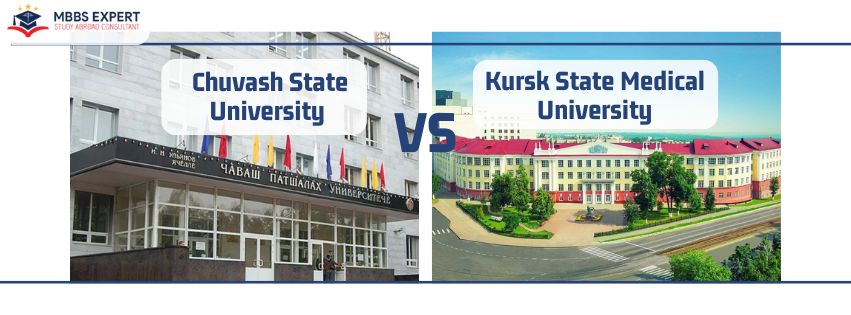Study MBBS at Ingush State University, Russia – Your Gateway to an Affordable Medical Education…
FMGE (Foreign Medical Graduate Examination) Pass Rates of Tajikistan Medical Graduates
![]()
FMGE (Foreign Medical Graduate Examination) Pass Rates of Tajikistan Medical Graduates
Understanding FMGE Pass Rates of Tajikistan Medical Graduates
Foreign Medical Graduate Examination (FMGE) is a crucial assessment for medical graduates from foreign universities seeking to practice medicine in India. Tajikistan, known for its medical education opportunities, has seen an increasing number of Indian students pursuing their MBBS degrees there. This blog explores the FMGE pass rates among Tajikistan medical graduates and provides insights into what influences these outcomes.
Importance of FMGE
The FMGE serves as a qualifying exam mandated by the Medical Council of India (MCI), now National Medical Commission (NMC), for Indian and Overseas Citizens of India (OCIs) who have obtained their medical degrees from countries outside India. Its primary objective is to ensure that foreign medical graduates possess the necessary knowledge and skills equivalent to those of Indian medical graduates.
FMGE Pass Rates: Trends and Analysis
- Historical Trends: Over the past decade, Tajikistan has emerged as a popular destination for Indian students pursuing MBBS due to affordable tuition fees, English-medium instruction, and a growing number of medical universities recognized by the MCI/NMC.
- Pass Rates Variability: The FMGE pass rates among Tajikistan medical graduates have shown variability from year to year. Factors influencing these rates include the quality of education, curriculum alignment with Indian medical standards, and the preparation levels of students for the FMGE exam.
- Curriculum and Teaching Methods: Understanding the curriculum and teaching methods in Tajikistan medical universities is crucial. Indian students must adapt to different teaching styles, clinical exposure, and language barriers, which can impact their readiness for the FMGE.
- Challenges Faced: Cultural differences, language barriers, and adjusting to a new healthcare system are common challenges faced by Indian students studying in Tajikistan. These factors can affect their performance in the FMGE despite their academic capabilities.
Strategies for Improving FMGE Pass Rates
- Enhanced Preparation: Implementing structured coaching programs and mock exams specifically tailored for FMGE preparation can significantly improve pass rates. These programs should focus on bridging curriculum gaps and providing comprehensive review materials.
- Educational Collaboration: Collaborations between Indian and Tajikistan medical universities to align their curricula and standards can better prepare students for the FMGE. Exchange programs and joint research initiatives can facilitate this process.
- Support Systems: Establishing robust support systems for Indian students in Tajikistan, including mentorship programs, counseling services, and language proficiency courses, can enhance their adaptation and readiness for the FMGE.
Conclusion
In conclusion, while Tajikistan offers promising opportunities for Indian students pursuing MBBS degrees, the FMGE remains a critical milestone. Understanding the factors influencing FMGE pass rates among Tajikistan medical graduates and implementing targeted strategies to address challenges can contribute to improved outcomes. As the landscape of medical education evolves, continuous collaboration and adaptation are essential for ensuring the success of foreign medical graduates in India.
This blog aims to provide a comprehensive overview of the FMGE pass rates of Tajikistan medical graduates, offering insights and recommendations for stakeholders in the medical education sector. By addressing these aspects, we can facilitate better preparation and support for Indian students aspiring to practice medicine in India after completing their education in Tajikistan.





